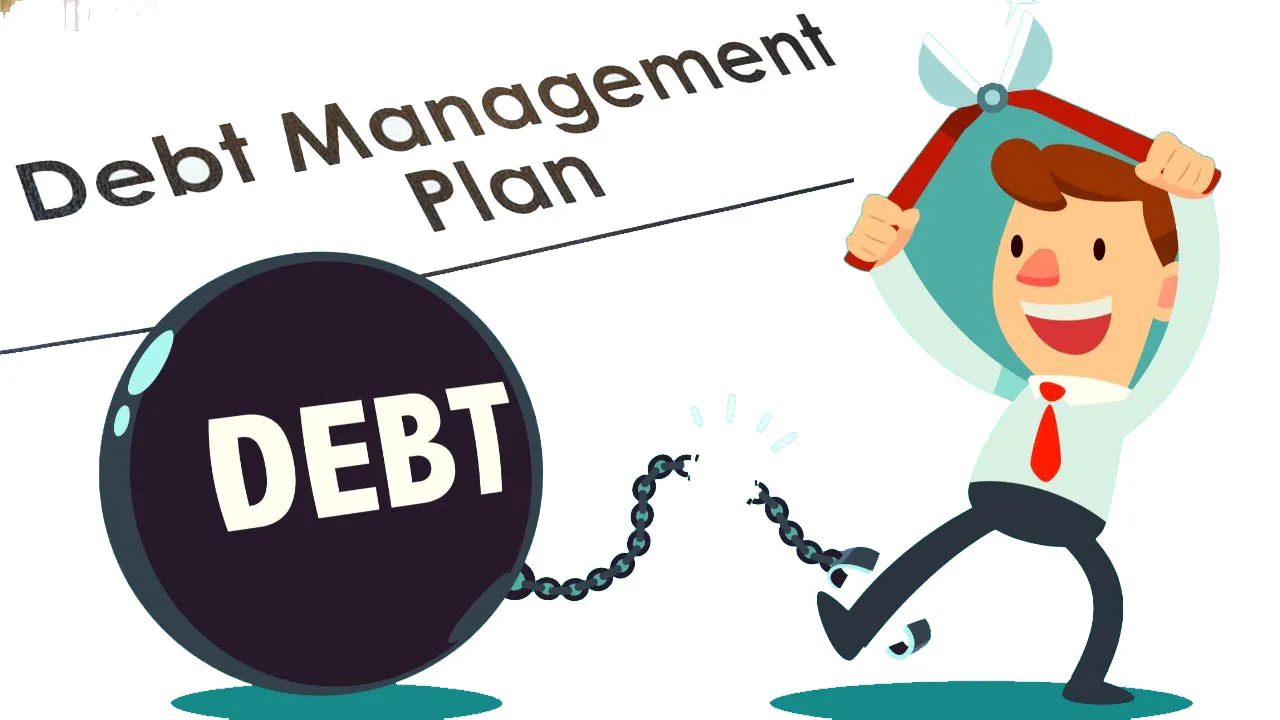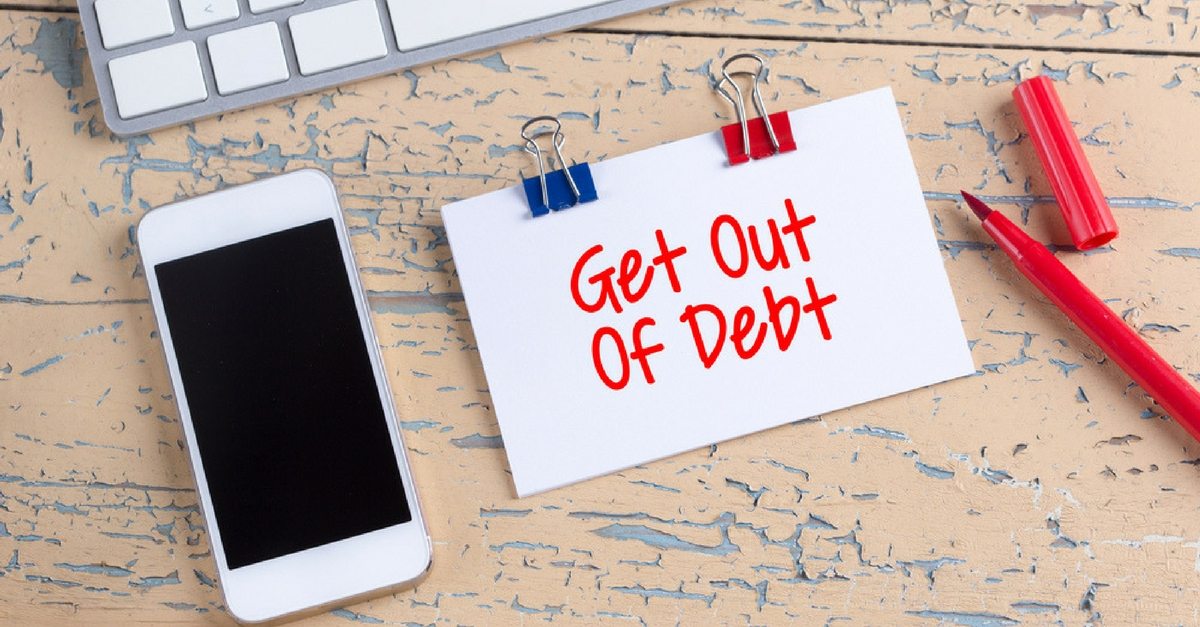Tips For Better Debt Management

If you are someone that is looking for tips to better manage any debt you have, you've already put yourself on the right path. The key is taking steps towards eliminating your debt. As you go forward with your plan, it's important to keep in mind that not all debt is considered bad. If you have a mortgage, it can allow you to build wealth as your home appreciates. However, you don't want to accumulate too much debt. This is especially true if the debt isn't wealth-generating. For instance, high-interest credit cards can become a major hindrance to your goal of being financially free.
To effectively manage your debt better, you want to utilize the steps below
1. Take Account
The main thing that you want to do is go ahead and record all of your accounts. Figure out what debt you have before making a debt management plan. You want to include the interest rate when analyzing all of the debt you have. This can give you a good idea of which one is causing you the most trouble. The highest interest rate debts are the ones you want to pay off first.
2. Check Your Credit Report
You should always be keeping an eye on your credit report. It's important to look at your credit report almost annually. This can give you a good idea of what your report looks like and whether or not you have any debt that may not be included in your projections. Not everyone will remember all of the accounts they have. You can check to see if there are any accounts that you either don't recognize or that you didn't remember you had. This will allow you to report any discrepancies if there are unknown accounts on your report.
3. Look For Consolidation
If you have a lot of outstanding loans with high interest, it might be a good time to consolidate them into a loan with a lower interest rate. You can save a lot of money. Jackson Hewitt holiday loan is really helpful to you right now as it can save you up to $3200. If you have access to any sort of personal loan that has a lower interest rate, this could help. You could leverage these loans to pay off any higher interest rate credit card balances. This way you will minimize the amount of interest you have to pay. However, before doing any sort of consolidating, you want to ensure that you aren't negatively impacting your eligibility for any federal loan forgiveness programs that exist. This is something that you could eliminate yourself from qualifying for if you do consolidate.

4. Spend Less
When you are dealing with debt and you want to get out from underneath it, you want to look at your expenses carefully. It's time to give an honest assessment of your spending. And how much you are spending every month to know the reasons. You want to think about whether or not there are areas that you can cut. There are likely monthly expenses that you could do without. The key to eliminating your debt is by reducing the amount of debt you are stacking on top of it.
5. Figure Out How Much You Owe
How much do you owe? Once you've gone ahead and consolidated your debt, it's time to look to see how much you would need to pay monthly. You want to look at the minimum payments and figure out the total payment you would be responsible for. Try to put this into your budget open pdf. If you come up with a number that is greater than you can manage in your respective budget, it's time to start contacting the lenders to see whether or not you can get more favorable repayment terms.
6. Try To See How Much Extra You Can Budget
Once you come up with a good baseline of what you can afford to pay every month, it's time to start looking to see how much you can add to it. You want to think about adding to it because it's going to enhance your ability to minimize debt faster. The more you put towards your debt repayment, the faster you get rid of it. You want to cut expenses so you can put more towards paying off your debt.
7.Figure Out A Solid Debt-Reduction Strategy
You need to figure out how you are going to attack your debt head-on. Try to figure out what the best option for your situation would be. One of the more popular strategies is by attacking any balances with the higher interest rates attached first. Another is to pay off the lower balances first. Both of these strategies can be effective. The first strategy is likely to save you more in the long run. However, the second option will have you wiping more balances off the board which can increase your motivation to continue going. Regardless, you are taking the right step towards becoming debt-free.



